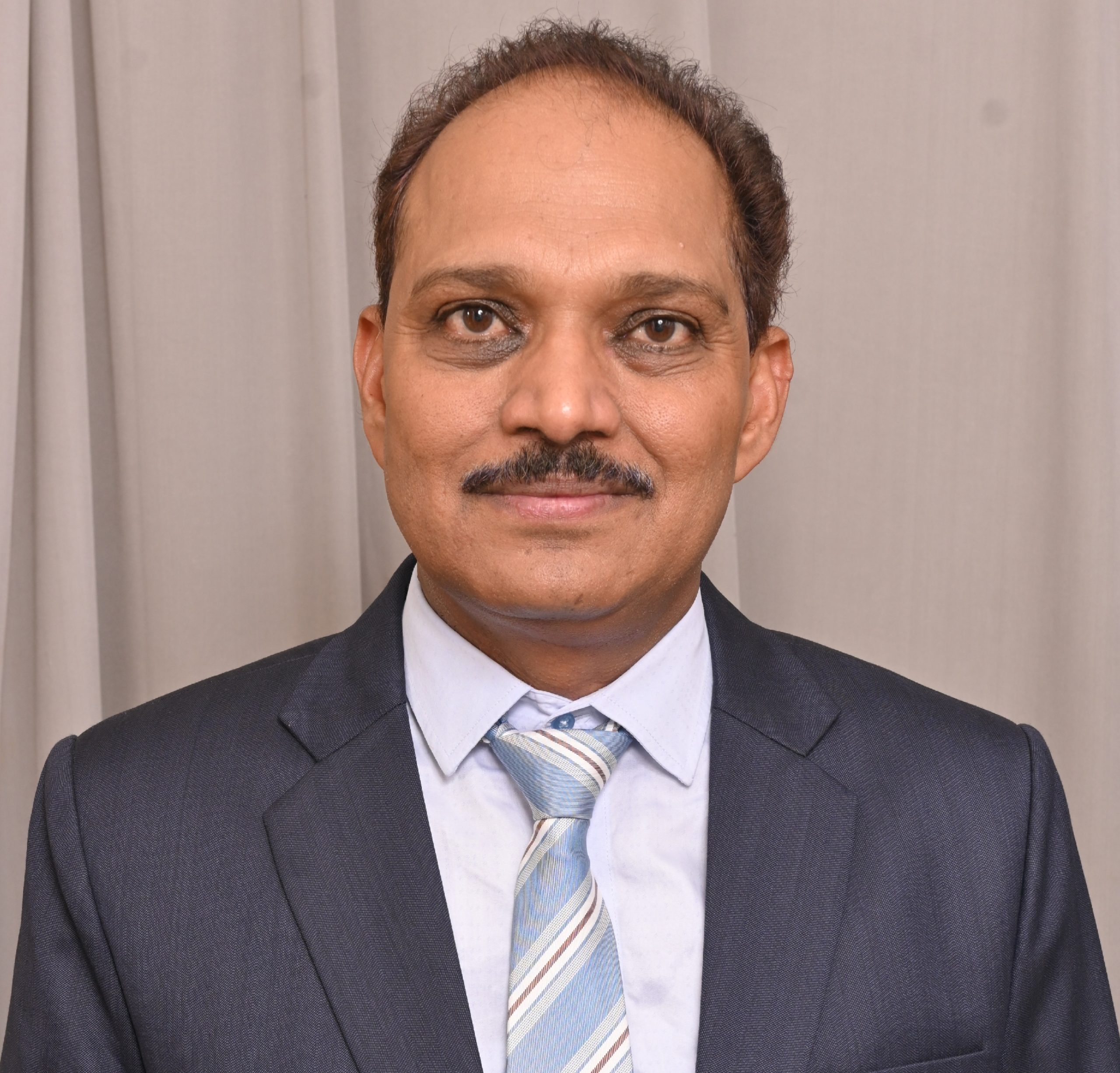About


Dr.Manoj Kumar
Head of the Department
(Mechanical Engineering)
Message from The HOD
नमस्कार…
It gives me immense pride to lead a team dedicated to academic excellence, innovation, and holistic student development.
He obtained his Ph.D. in Heat and Mass Transfer from the Indian Institute of Technology (IIT) Roorkee, Uttarakhand.
He joined Sankalchand Patel University as Professor and Head of the Department of Mechanical Engineering in January 2026. Prior to this, he served in academic and research
positions at DIT University, Dehradun; the Pfleiderer Institute of Turbomachinery (now the Institute of Jet Propulsion and Turbomachinery), Technical University of Braunschweig, Germany; Hindustan College of Science & Technology, Mathura; and Yeshwantrao Chavan College of Engineering (YCCE), Nagpur. Dr. Kumar has a distinguished research profile, with 68 publications in SCI-indexed journals and 58 research papers in national and international conferences and Scopus-indexed
journals. He holds three granted patents and has successfully supervised seven doctoral scholars and 28 postgraduate (Master’s) dissertations.He is also the Regional Editor of the international journal EVERGREEN, published by Kyushu University, Japan.

About
The Department of Mechanical Engineering at Sankalchand Patel College of Engineering (SPCE), established in 2001, is committed to nurturing the next generation of innovative, ethical, and socially responsible mechanical engineers. With a strong foundation in both theoretical and practical knowledge, our department strives to empower students with the technical expertise and soft skills needed to thrive in a global environment.
Over the years, the department has proudly contributed to the professional success of its alumni, who have excelled in various domains including core industries, research, higher education, and entrepreneurship. With well-equipped laboratories, experienced faculty, and a student-centric learning environment, the department continues to play a pivotal role in shaping competent engineers ready to lead and innovate.
We welcome students, faculty, industry partners, and visitors to engage with us as we continue our journey of excellence in mechanical engineering education and research.
Vision
To create globally competent mechanical engineers contributing to society through innovation, entrepreneurship and leadership with high human values
Mission
- To produce highly qualified, socially responsible, ethical and motivated students having sound theoretical and practical knowledge of Mechanical Engineering as well as communicative skills who can serve the nation as well as at global level.
- To inspire students to be a part of research and development activities.
- To carry out research in order to serve the needs of industries, government and society.
- To encourage students to participate in conferences, workshops, seminars and research activities.
- To develop partnership with government agencies and industries to promote research and innovation.
Program Outcomes (POs):
Program Educational Objectives (PEOs):
Program Specific Outcomes (PSOs):






Program Objectives
- Department of Mechanical Engineering focuses on comprehensive course curriculum with intense practical exposure to students which will enable them to take up challenging roles in professional careers.
- To provide the highest level of education in Science and Technology to produce competent, creative and imaginative engineers.
- To make a significant contribution towards the development of skilled technical manpower.
- To create an intellectual reservoir to meet the growing demands of the nation.
- To apply their engineering knowledge, critical thinking and problem solving skills in professional engineering practice.
- Embrace leadership roles in their careers.
Career Prospectus
- Being numerate and computer literate, mechanical engineering graduates are also suited to careers in finance and management
- Mechanical engineer
- Nuclear engineer
- Aerospace Engineer and Automotive Sector.
- Heating, Ventilating and Air-Conditioning Engineer
- Control and Instrumentation Engineer.
- Maintenance Engineer.
- Power Plant Engineer.
- Robotics Engineering
- Petrochemical Industry Entrepreneurship
- Design & Development


